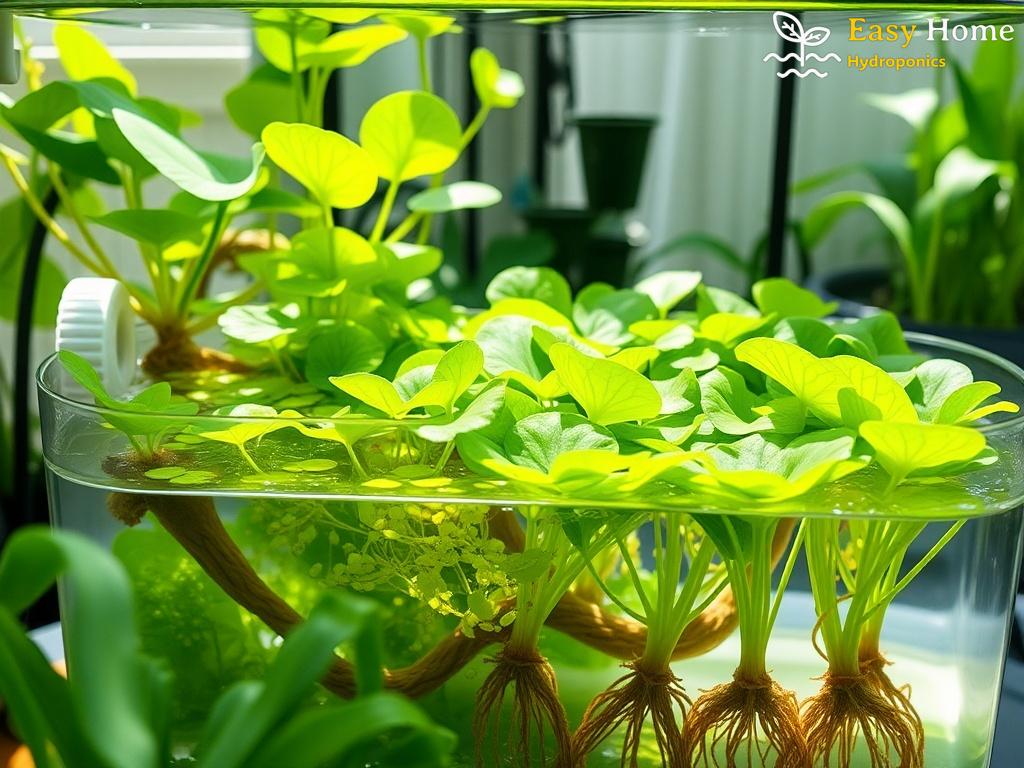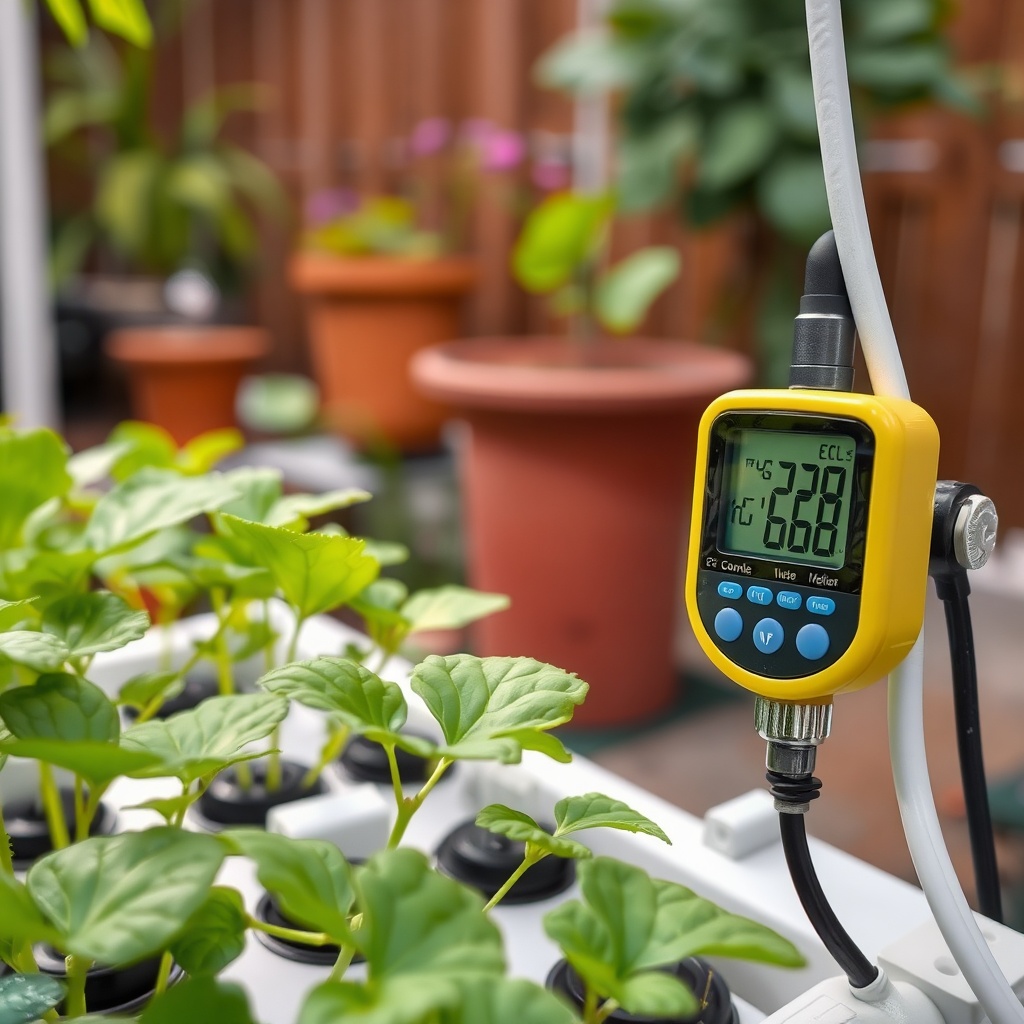What Are Organic and Synthetic Nutrients?
In the world of gardening and agriculture, the choice between organic and synthetic nutrients can be a decisive factor in the success of your plants. Organic nutrients are derived from natural sources, such as compost, manure, and plant materials, which help to improve soil health over time. In contrast, synthetic nutrients are chemically manufactured, offering precise formulations that can provide immediate results. Understanding these two categories is essential for making an informed decision that aligns with your gardening philosophy and goals.
Evaluating the Pros and Cons
Choosing between organic and synthetic nutrients often comes down to personal preference and the specific needs of your plants. Each type has its own advantages and disadvantages that can affect growth, yield, and sustainability. Below is a concise comparison to help you weigh your options:
- Organic Nutrients:
- Improves soil structure and health over time
- Promotes beneficial microorganisms
- Lower risk of chemical runoff
- Longer release time, requiring consistent application
- Synthetic Nutrients:
- Fast-acting and highly concentrated
- Allows for precise nutrient management
- Easy to apply and measure
- Potential for nutrient imbalances if overused
Making the Right Choice for Your Setup
Ultimately, the choice between organic and synthetic nutrients will depend on your gardening setup, goals, and environmental considerations. For those who prioritize sustainability and soil health, organic nutrients may be the way to go. On the other hand, if you are looking for quick results and precise control, synthetic options could suit you better. It’s important to consider not only the immediate outcomes but also the long-term impact on your garden and the surrounding ecosystem.




